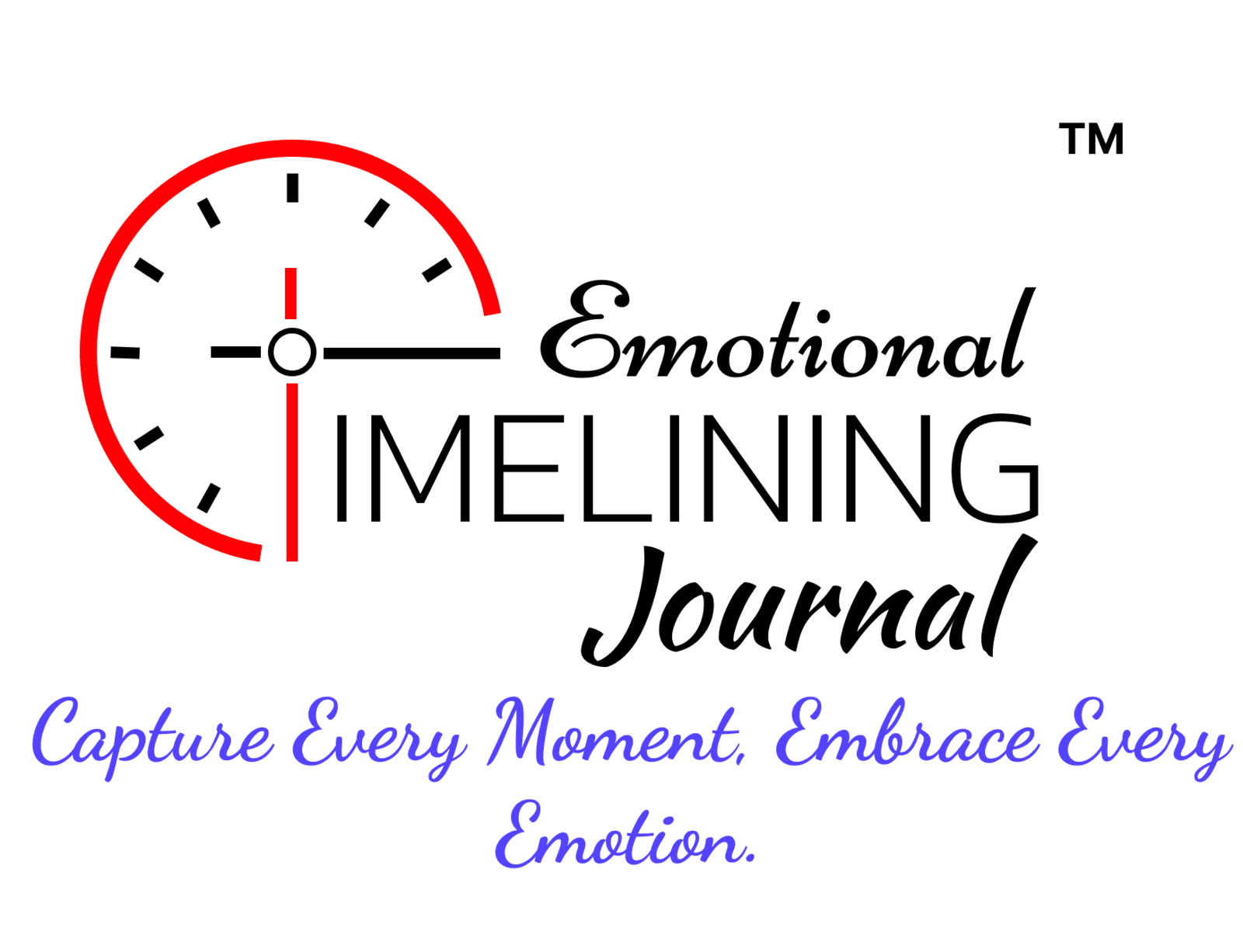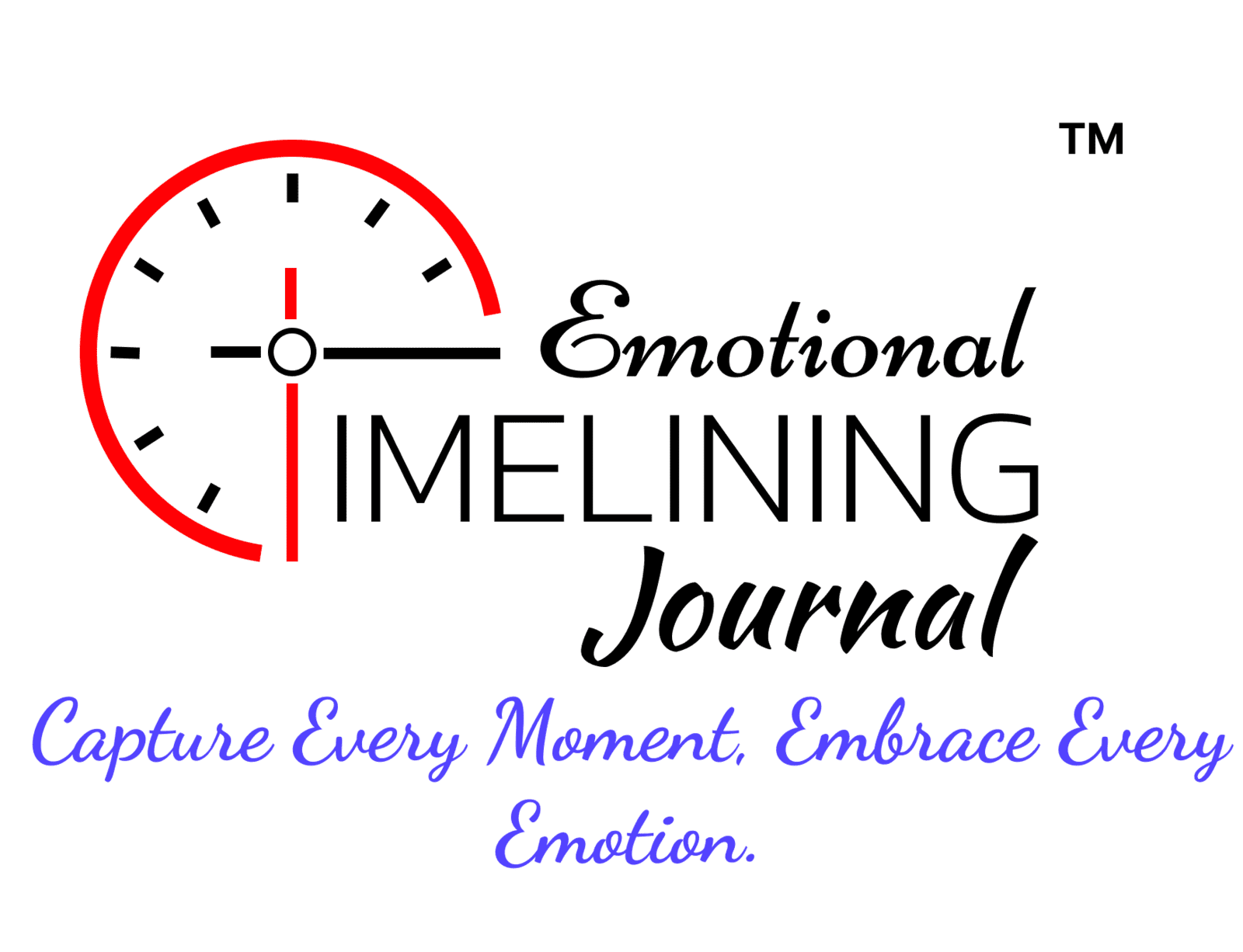
Disclaimer: The information in this article is not intended to diagnose or treat any mental illnesses. If you think you or someone you care about may be suffering from mental illness, reach out to a qualified medical practitioner to discuss treatment options.
Time is one of the few things certain in this life. It takes, and it gives. Sometimes it feels like it takes more than it provides, but when time takes someone we love, it sends our mind into a state of confusion. And when the shock starts to wear off, we enter into the grieving process. Unfortunately for most, the grieving stage never ends. So, let me explain what it is like for those who have yet to lose someone who brought value and depth to your life. You have days where you feel dead inside, and you experience things that trigger your memory, which makes you depressed. Other days the person you're grieving doesn't exist. Do you understand this situation, the chemical reasons behind unexpected change in moods? And why stop there? What are your other mental health problems and symptoms? There are so many questions that we all need answers to when it comes to mental health. Therefore I have taken the liberty of researching the questions, answers, problems, and symptoms.
What is mental health?
Mental health includes our emotional, psychological, and social well-being. It affects how we think, feel, and act. It also helps determine how we handle stress, relate to others, and make healthy choices. Mental health is important at every stage of life, from childhood and adolescence through adulthood.
Although the terms are often used interchangeably, poor mental health and mental illness are not the same. A person can experience poor mental health and not be diagnosed with a mental illness. Likewise, a person diagnosed with a mental illness can experience periods of physical, mental and social well-being.
Why is it beneficial to understand your mental health?
It affects how we think, feel, and act. It also helps determine how we handle stress, relate to others, and make healthy choices. Mental health is important at every stage of life, from childhood and adolescence through adulthood.
Why is mental health important for overall health?
Mental and physical health are equally important components of overall health. For example, depression increases the risk for many types of physical health problems, particularly long-lasting conditions like diabetes, heart disease , and stroke. Similarly, the presence of chronic conditions can increase the risk for mental illness. 1
Can your mental health change over time?
Yes, it's important to remember that a person's mental health can change over time, depending on many factors. When the demands placed on a person exceed their resources and coping abilities, their mental health could be impacted. For example, if someone is working long hours, caring for a relative, or experiencing economic hardship, they may experience poor mental health. 2
How common are mental illnesses?
Mental illnesses are among the most common health conditions in the United States.
- More than 50% will be diagnosed with a mental illness or disorder at some point in their lifetime.3
- 1 in 5 Americans will experience a mental illness in a given year.4
- 1 in 5 children, either currently or at some point during their life, have had a seriously debilitating mental illness.5
- 1 in 25 Americans lives with a serious mental illness, such as schizophrenia, bipolar disorder, or major depression.
What causes mental illness?
There is no single cause for mental illness. A number of factors can contribute to risk for mental illness, such as
- Early adverse life experiences, such as trauma or a history of abuse (for example, child abuse, sexual assault, witnessing violence, etc.)
- Experiences related to other ongoing (chronic) medical conditions, such as cancer or diabetes
- Biological factors or chemical imbalances in the brain
- Use of alcohol or drugs
- Having feelings of loneliness or isolation.
To summarize:
If you know what you are going through mentally, perhaps you can understand how to handle most of your life's situation. I am no expert, but knowing most of my mental health symptoms gives me a sense of awareness. Anthills are not always unclimbable mountains. Words don't cut deep enough to draw blood, and distrust manifests from not trusting myself.
-Stevie Burke, Founder of Clean Community Inc.
Tell us about your mental health journey at info@cleancommunityinc.com
Here is a list of mental health problems and their symptoms:
https://en.wikipedia.org/wiki/List_of_mental_disorders
Other good articles to read
- Strengthening Mental Health Promotionexternal icon
- Fact sheet no. 220. Geneva, Switzerland: World Health Organization.
- Chronic Illness & Mental Health external icon
- Bethesda, MD: National Institutes of Health, National Institute of Mental Health. 2015.
- Kessler RC, Angermeyer M, Anthony JC, et al. Lifetime prevalence and age-of-onset distributions of mental disorders in the World Health Organization's World Mental Health Survey Initiative. World Psychiatry. 2007;6(3):168-176.
- Key substance use and mental health indicators in the United States: Results from the 2015 National Survey on Drug Use and Health. Rockville, MD: Center for Behavioral Health Statistics and Quality. Substance Abuse and Mental Health Services Administration. 2016.
- Merikangas KR, He J, Burstein M, et al. Lifetime Prevalence of Mental Disorders in US Adolescents: Results from the National Comorbidity Study-Adolescent Supplement (NCS-A). Journal of the American Academy of Child and Adolescent Psychiatry. 2010;49(10):980-989. doi:10.1016/j.jaac.2010.05.017.
- Key substance use and mental health indicators in the United States: Results from the 2015 National Survey on Drug Use and Health. Rockville, MD: Center for Behavioral Health Statistics and Quality. Substance Abuse and Mental Health Services Administration. 2016.
- Health & Education Statistics external icon
- Bethesda, MD: National Institute of Mental Health. National Institutes of Health. 2016.
- Kessler RC, Chiu WT, Demler O, Walters EE. Prevalence, Severity, and Comorbidity of Twelve-month DSM-IV Disorders in the National Comorbidity Survey Replication (NCS-R). Archives of general psychiatry. 2005;62(6):617-627. doi:10.1001/archpsyc.62.6.617.Substance Abuse and Mental Health Services Administration, Center for Behavioral Health Statistics and Quality. (2016). Key substance use and mental health indicators in the United States: Results from the 2015 National Survey on Drug Use and Health. Rockville, MD.
- Rui P, Hing E, Okeyode T. National Ambulatory Medical Care Survey: 2014 State and National Summary Tables.pdf icon
- Atlanta, GA: National Center for Health Statistics. Centers for Disease Control and Prevention. 2014.
- Web-based Injury Statistics Query and Reporting System (WISQARS). Atlanta, GA: National Center for Injury Prevention and Control. Centers for Disease Control and Prevention. 2015.
- Insel, T.R. Assessing the Economic Costs of Serious Mental Illness. Am J Psychiatry. 2008 Jun;165(6):663-5. DOI: 10.1176/appi.ajp.2008.08030366.
- HCUP Facts and Figures: Statistics on Hospital-based Care in the United States, 2009. Rockville, MD: Agency for Healthcare Research and Quality. 2009.
- Reeves, WC et al. CDC Report: Mental Illness Surveillance Among Adults in the United States. MMWR Morb Mortal Wkly Rep 2011;60(03);1-32.
- Parks, J., et al. Morbidity and Mortality in People with Serious Mental Illness. Alexandria, VA: National Association of State Mental Health Program Directors Council. 2006.
- Strengthening Mental Health Promotionexternal icon
- Fact sheet no. 220. Geneva, Switzerland: World Health Organization.




